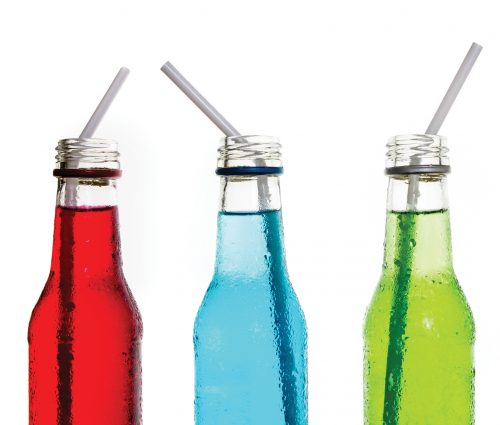
It’s a new year and we start it with a sense of hope.
Whatever your views are about the new Government, there’s no doubt we’re seeing a generational and philosophical change in our leadership. There’s a feeling that we could see some of our most serious social and health issues getting real attention.
At this stage, just a few months in, I’m still feeling hopeful. I’d like to see progress on some of the anti-obesity measures that experts have been calling for, for some time, designed to make healthy eating and living easier for Kiwis.
I thought I’d check in with some of those health experts and ask them their hopes and dreams. What, I asked, would be your ideal-world scenario for the health of New Zealanders with a new government in place?
Unsurprisingly, the health of children and teens is a focus for many.
Heart Foundation NZ food and nutrition manager Dave Monro focuses on schools and education.
“It has to start with children, setting up the next generation to make healthy food their norm,” Mr Monro says.
“Ideally all schools would have healthy food policies, remove sugary drinks and be 100 per cent water and milk only – there has been some great progress already made by a number of schools. The ideal is that all Kiwi kids possess the food knowledge, skills and confidence to prepare healthy food.”
The Nutrition Foundation’s Sarah Hanrahan agrees.
“I would like schools to offer only healthy food, so kids get to try different foods and see healthy food can taste great,” Ms Hanrahan says.
She’s also got a great point about getting teens into healthy eating.
“I would like to see a teen food vlogger emerge who can really strike a chord with youth and get them motivated to cook a meal. If every teenage girl can beautifully apply a full face of make-up because they learnt from YouTube, surely we can do the same thing with food.”
Others working at the grass roots of public health have a big picture in mind. Activity and Nutrition Aotearoa executive director Siobhan Molloy is looking for strategic change to tackle the environment we live in, which Ms Molloy says makes it hard to be healthy.
“Activity and Nutrition Action has a vision that everyone in Aotearoa can and does eat well and leads an active life,” she says.
“This may sound easy and doable, but making healthy choices is complicated by our current environment which contributes to making us unhealthy. Collaborative action is needed. I would like to see an overarching evidence-informed strategy that not only helps the population to make healthy choices, but also directly addresses our ‘obesogenic’ environment, so that healthy choices are the easy choices.”
Sugar is a big focus for others. New Zealand Dental Association spokesperson Rob Beaglehole, a man who spends more time than he’d like to pulling out the rotten teeth of small children, says, “I would like to see New Zealanders free of the ravages of sugar”.
The NZDA is urging the Government to adopt some evidence-based policies in order to reduce ‘unnecessary pain and suffering, not to mention saving taxpayers money’.
The policies are a sugary drink levy, water-only schools, sugary-drink-free hospitals, councils, universities and government buildings, warning labels on sugary drinks highlighting them as a risk factor for obesity, diabetes and tooth decay, and the introduction of a sugar icon indicating, in teaspoons, the amount of sugar in each drink. The NZDA would also like to see the restriction of junk food advertising, marketing and sponsorships that target children; campaigns encouraging the public to ‘switch to water’: and for NZ to adopt the World Health Organization’s sugar guidelines of a maximum of three teaspoons of free sugar per day for kids and six teaspoons for adults.
“The Government needs to treat sugary drinks like it does tobacco,” Dr Beaglehole says.
Gerhard Sundborn, epidemiologist and senior lecturer in the section of pacific health at the University of Auckland, agrees.
“I think the single most important action or piece of policy the Government could implement related to promoting health is a tax on sugary drinks,” Dr Sundborn says.
“This should be part of a co-ordinated approach to address the vast amount of sugar that is inherent in our food system – New Zealand is swimming in sugar.”
The average Kiwi child and adult consumes 29-30 teaspoons each day, he says.
“As sugary drinks are the largest contributor of sugar to our diets it makes sense to start there with a tax.”
The new health minister, David Clark, hasn’t ruled out a sugary drinks tax so far, and what he thinks about some of the other policies here are yet to be seen. Right now, anything’s possible. We can rest assured, it seems, the minister will have no shortage of ideas coming his way.
www.healthyfood.com











